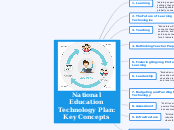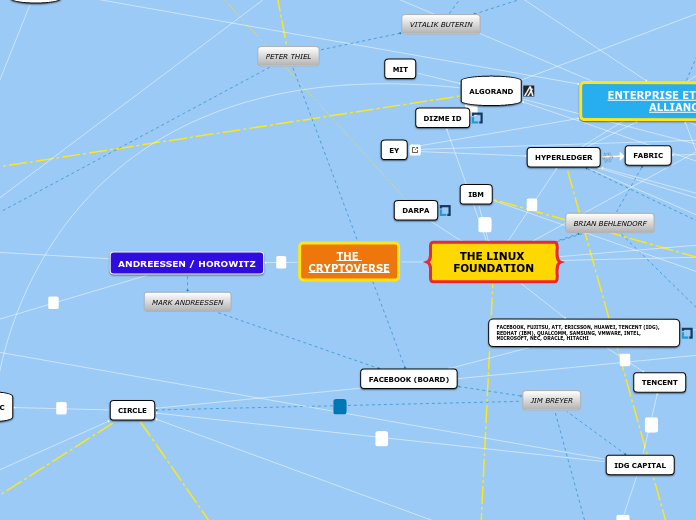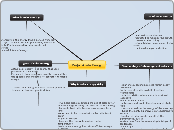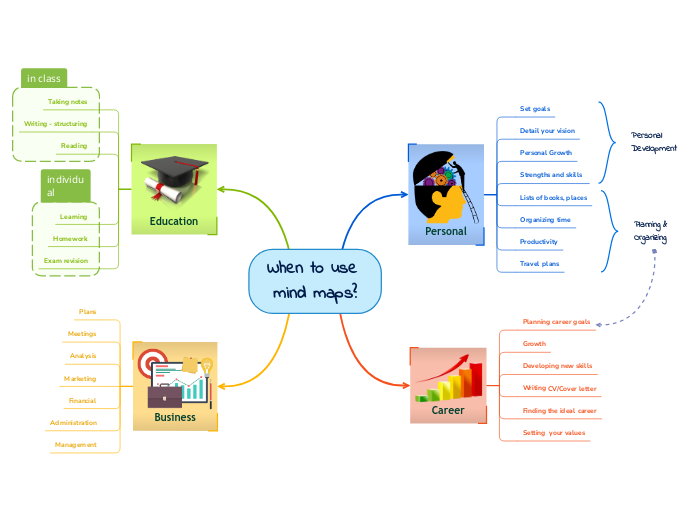par Lauren Brawley Il y a 8 années
377
National Education Technology Plan: Key Concepts
The National Education Technology Plan emphasizes bridging the gap between in-school and at-home technology access to ensure continuous learning. It envisions engaging and empowering experiences for learners in both formal and informal settings, preparing them to be active and ethical participants in a globally connected society.









